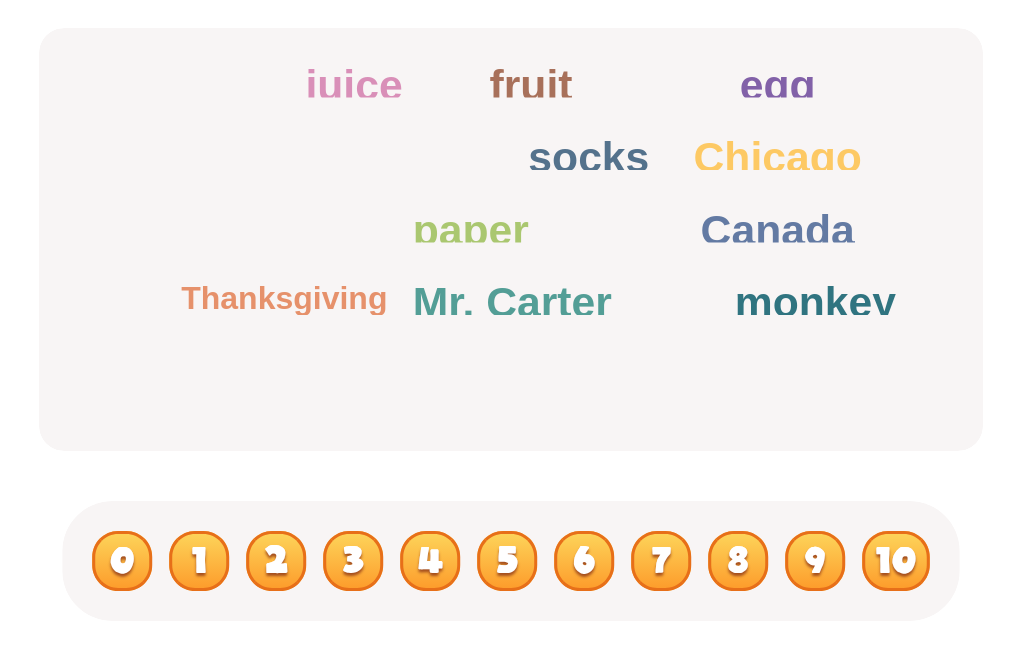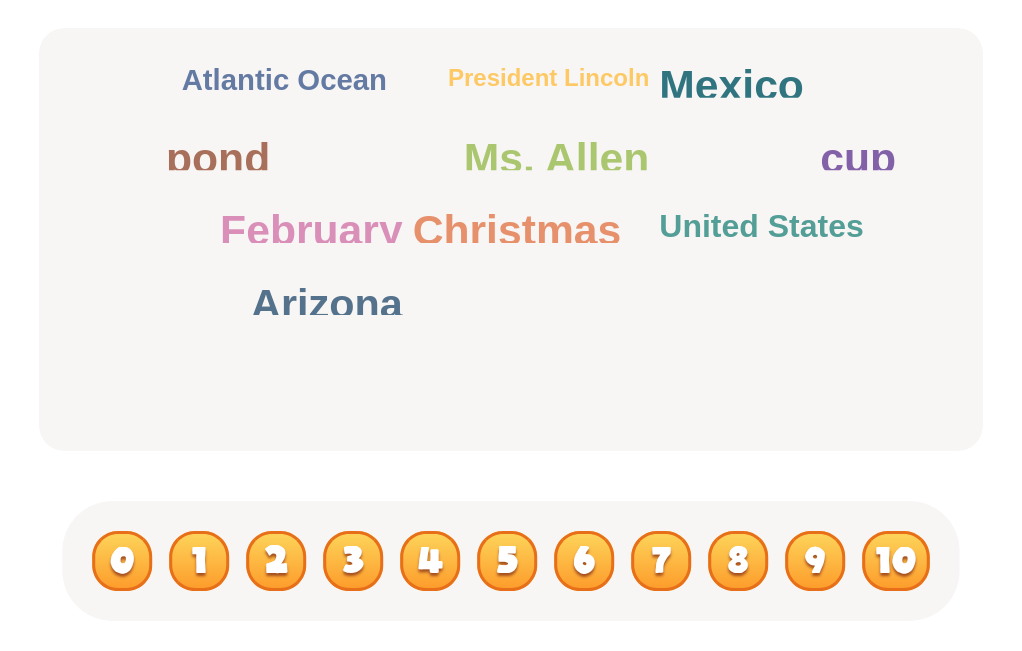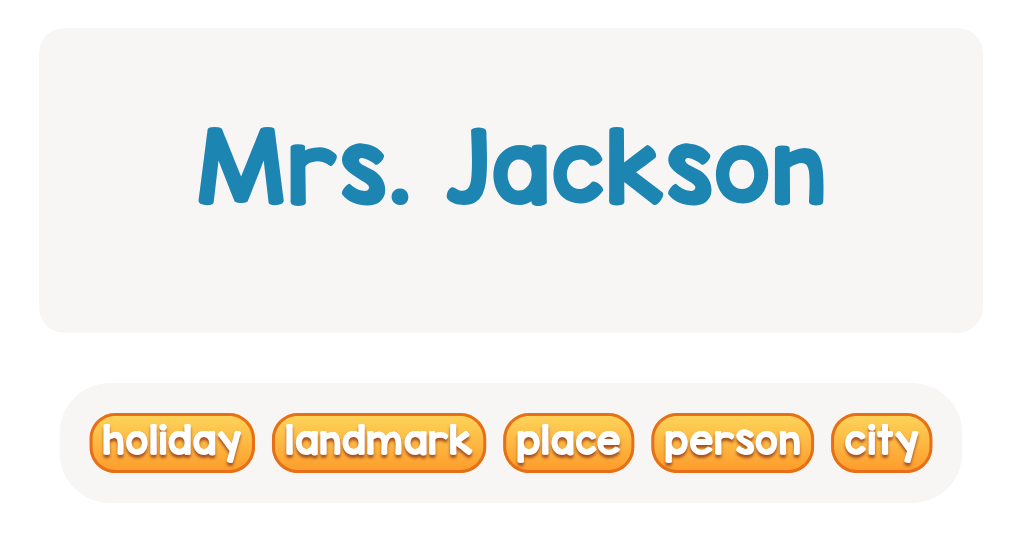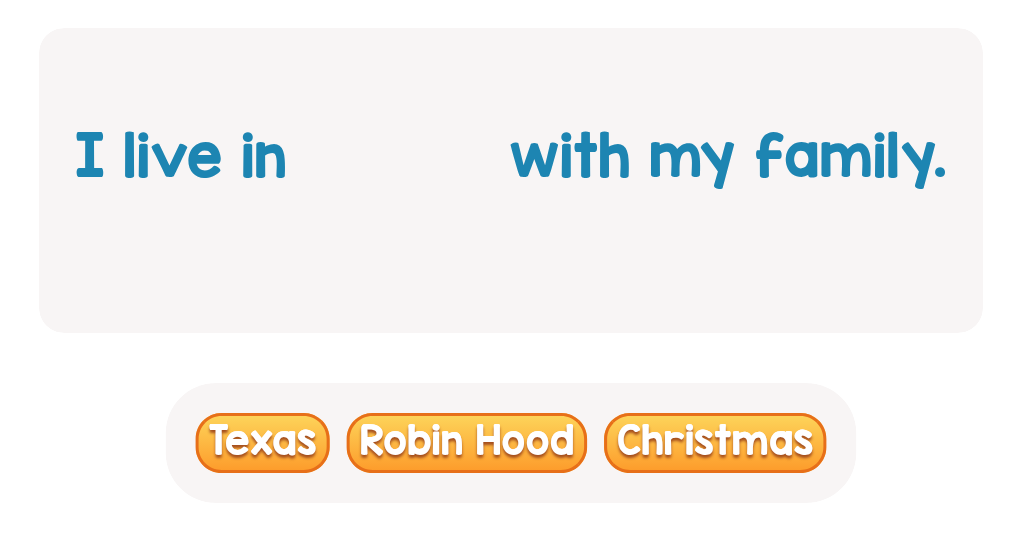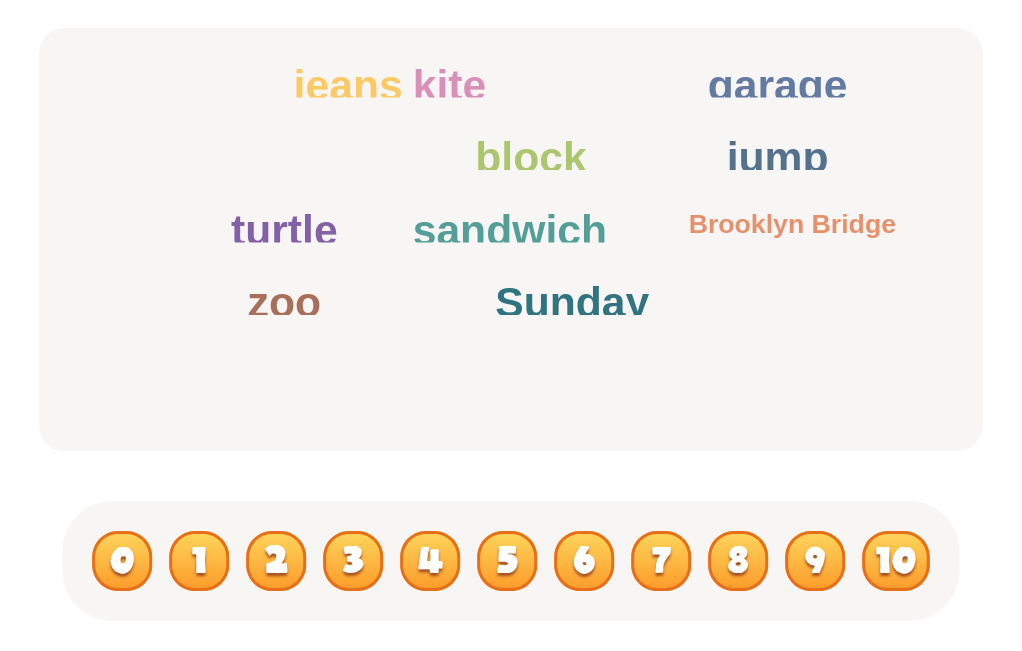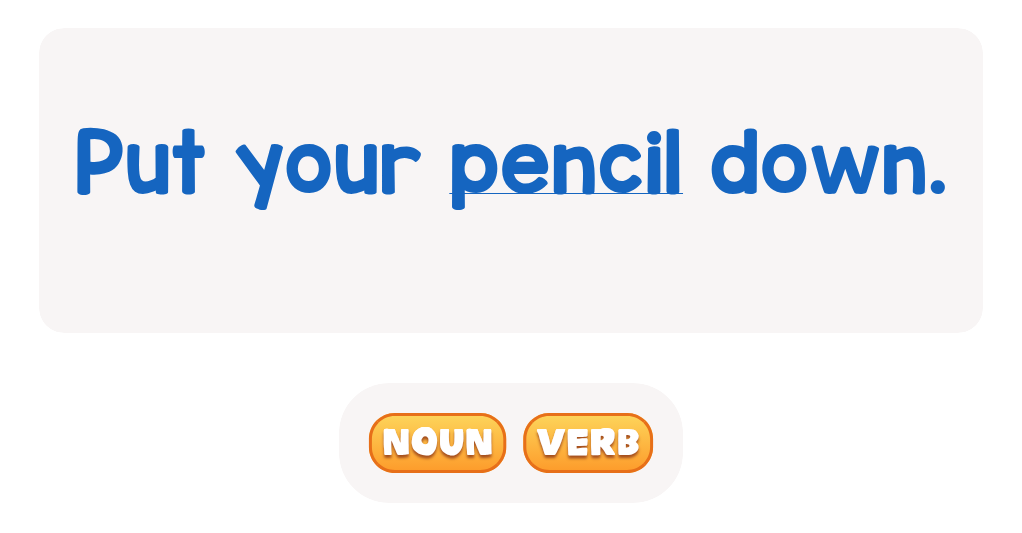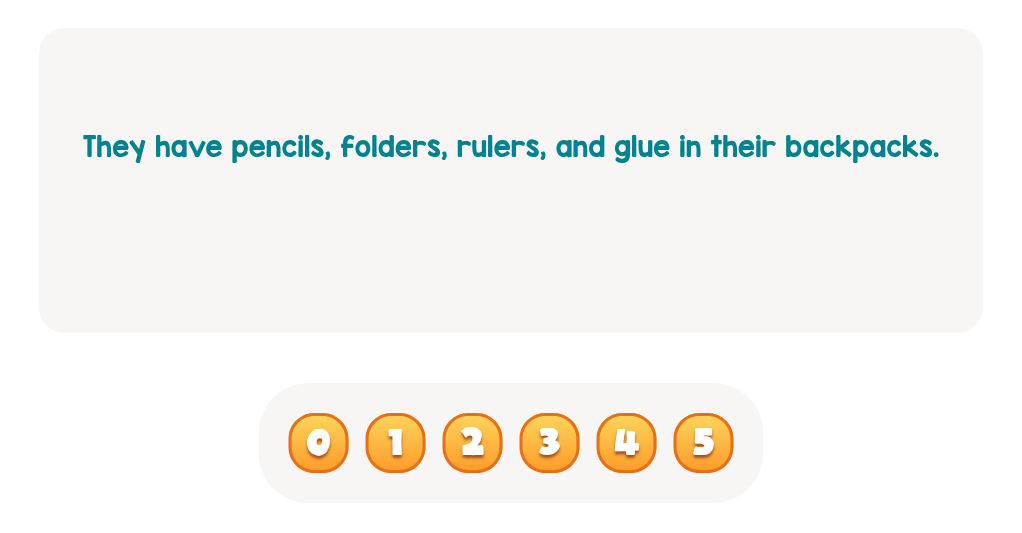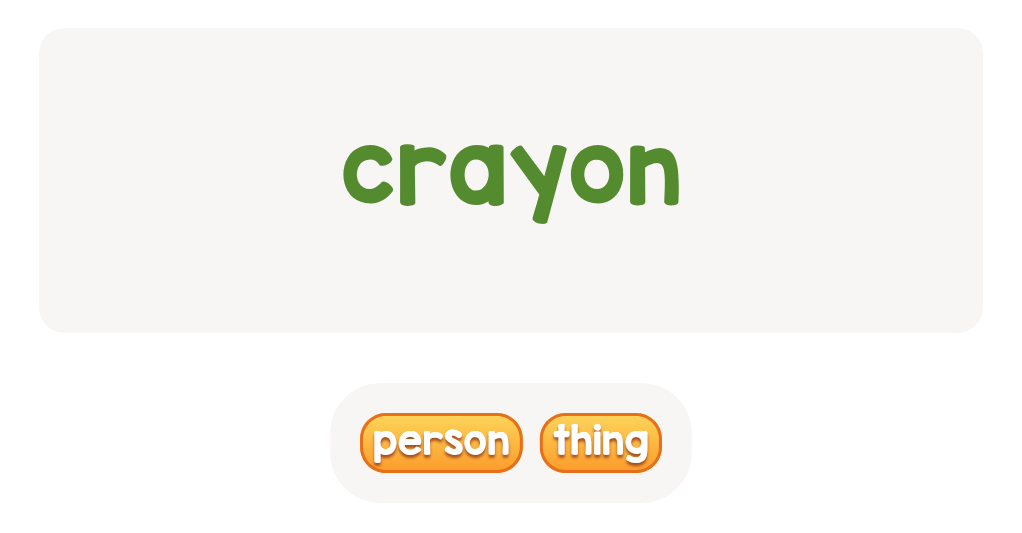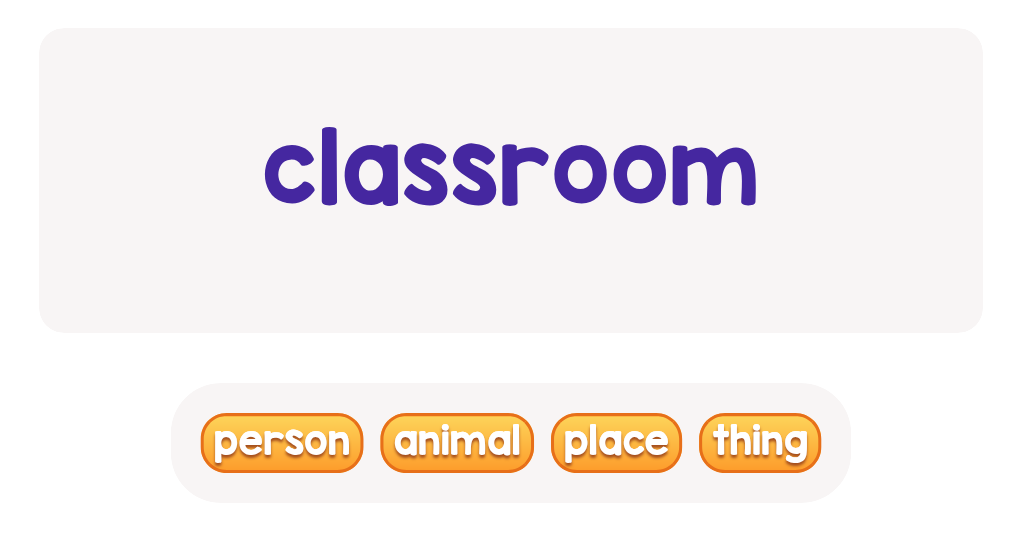Spelling practice Normal Grammar Worksheets for Ages 3-4
5 filtered results
-
From - To
Discover our engaging Spelling Practice Normal Grammar Worksheets designed specifically for children aged 3-4! These worksheets provide a fun and interactive way for young learners to develop their spelling skills while mastering foundational grammar concepts. Each activity is crafted to enhance phonetic awareness and word recognition, making learning enjoyable and effective. With colorful illustrations and age-appropriate exercises, kids will be motivated to practice vocabulary and improve their writing abilities. Ideal for homeschooling or classroom use, our worksheets support early literacy development and encourage a love of language. Start your child's spelling journey today with our expertly created worksheets!
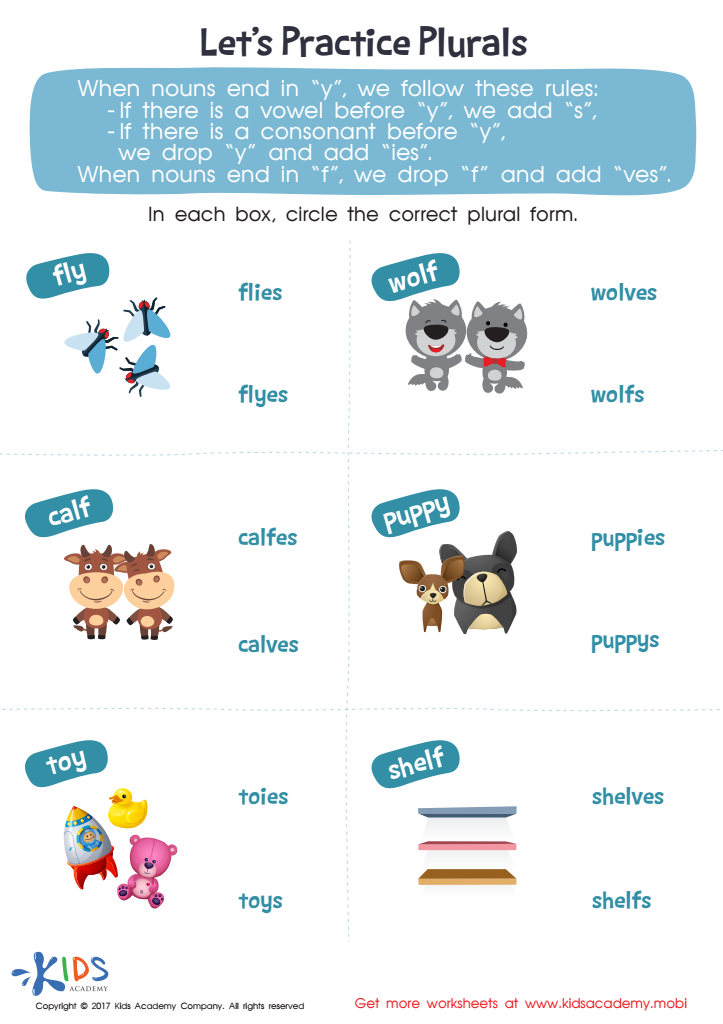

Let's Practice Plurals Word Structure Worksheet
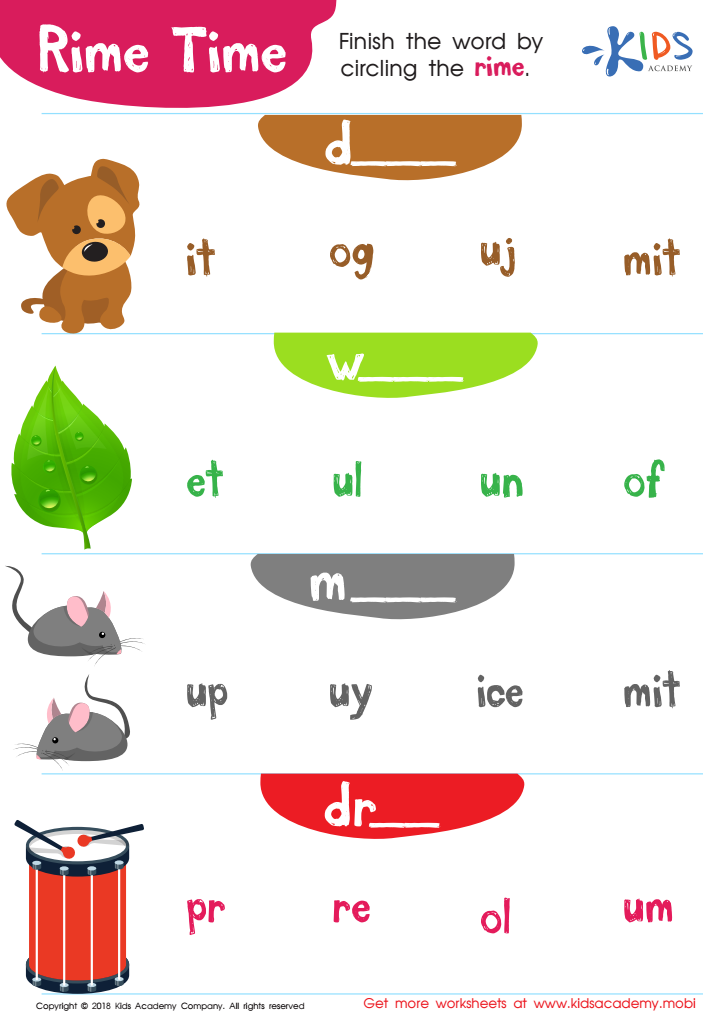

Rime Time Worksheet
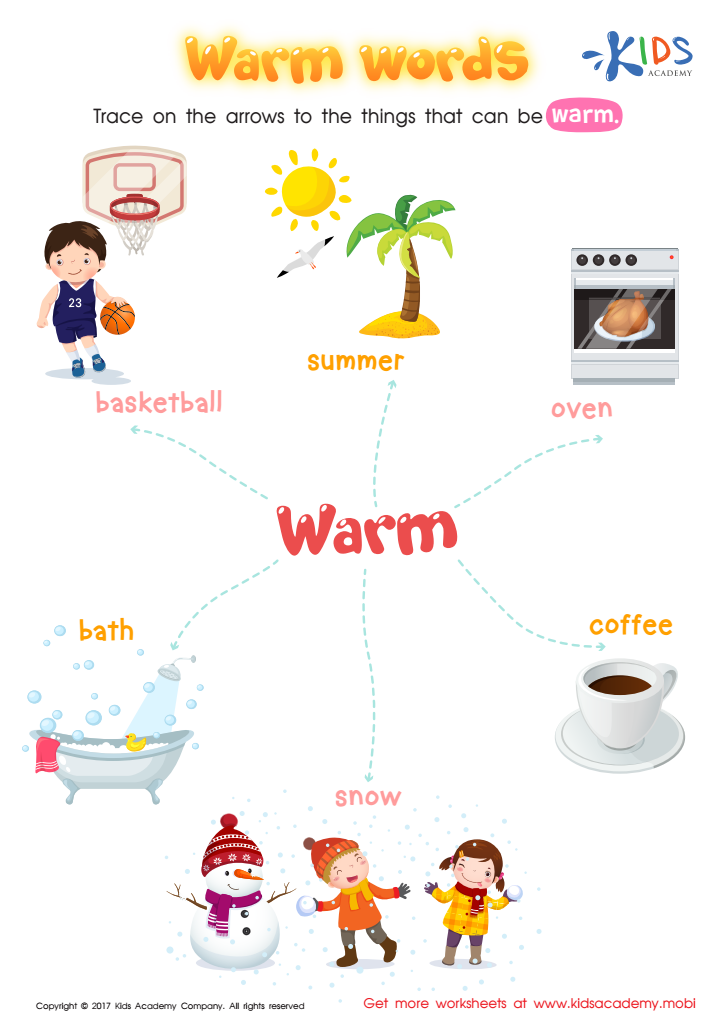

Warm Words Worksheet
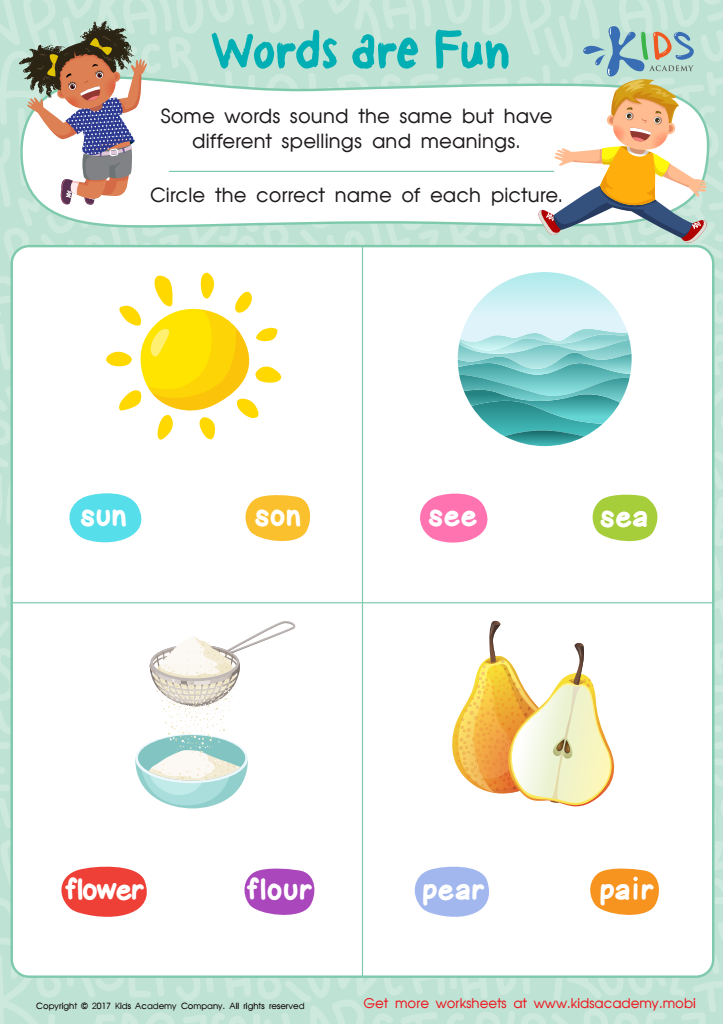

Words Are Fun Worksheet
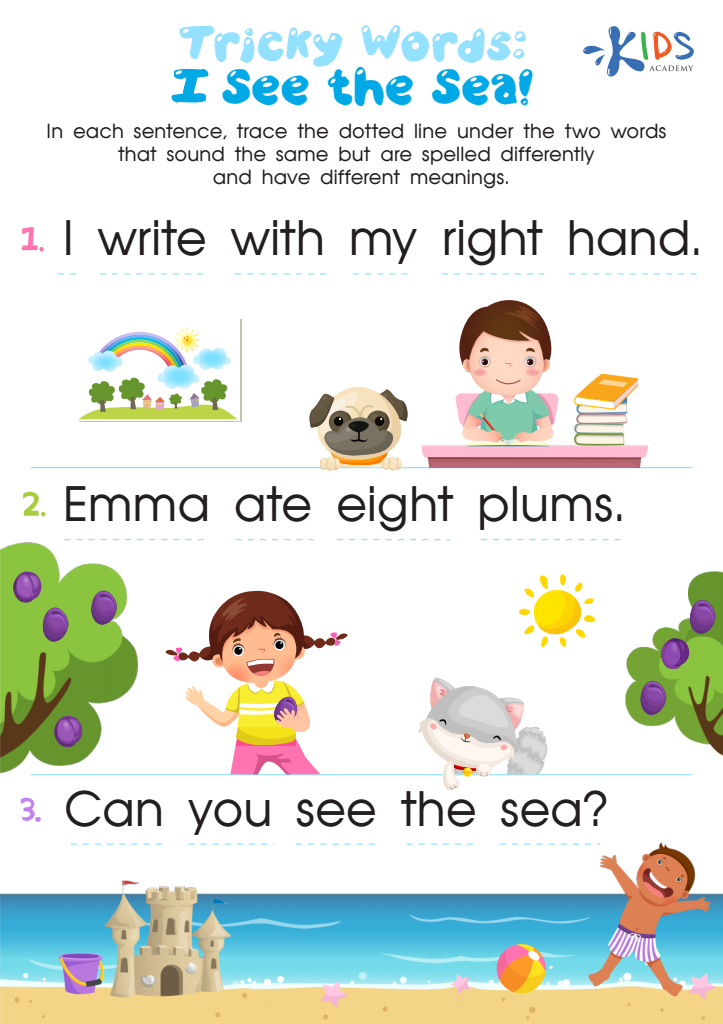

Tricky Words Worksheet
Spelling practice for children aged 3-4 is crucial for several reasons. First, this early stage of development lays the foundation for literacy skills, including reading and writing. By introducing children to letters and simple words, we foster an understanding of phonemic awareness, which is essential for recognizing patterns in language.
Engaging in spelling activities with young learners strengthens their vocabulary. It exposes them to new words, enhancing their ability to express thoughts clearly. This practice encourages cognitive development, as children learn to categorize and connect different sounds and letters, ultimately improving their memory and concentration.
Spelling practice also supports social development. When children share new words with peers or parents, it cultivates communication skills and boosts confidence. Additionally, mastering basic spelling paves the way for future learning, easing the transition into more complex literacy experiences in higher grades.
Moreover, involving parents in spelling practice at this age helps to create a strong home-school connection, making learning a collaborative endeavor. By investing time in spelling activities, parents and teachers not only assist children in becoming proficient readers and writers but also instill a lifelong love for learning. Ultimately, spelling practice ups the ante for early educational quality.
 Assign to My Students
Assign to My Students
